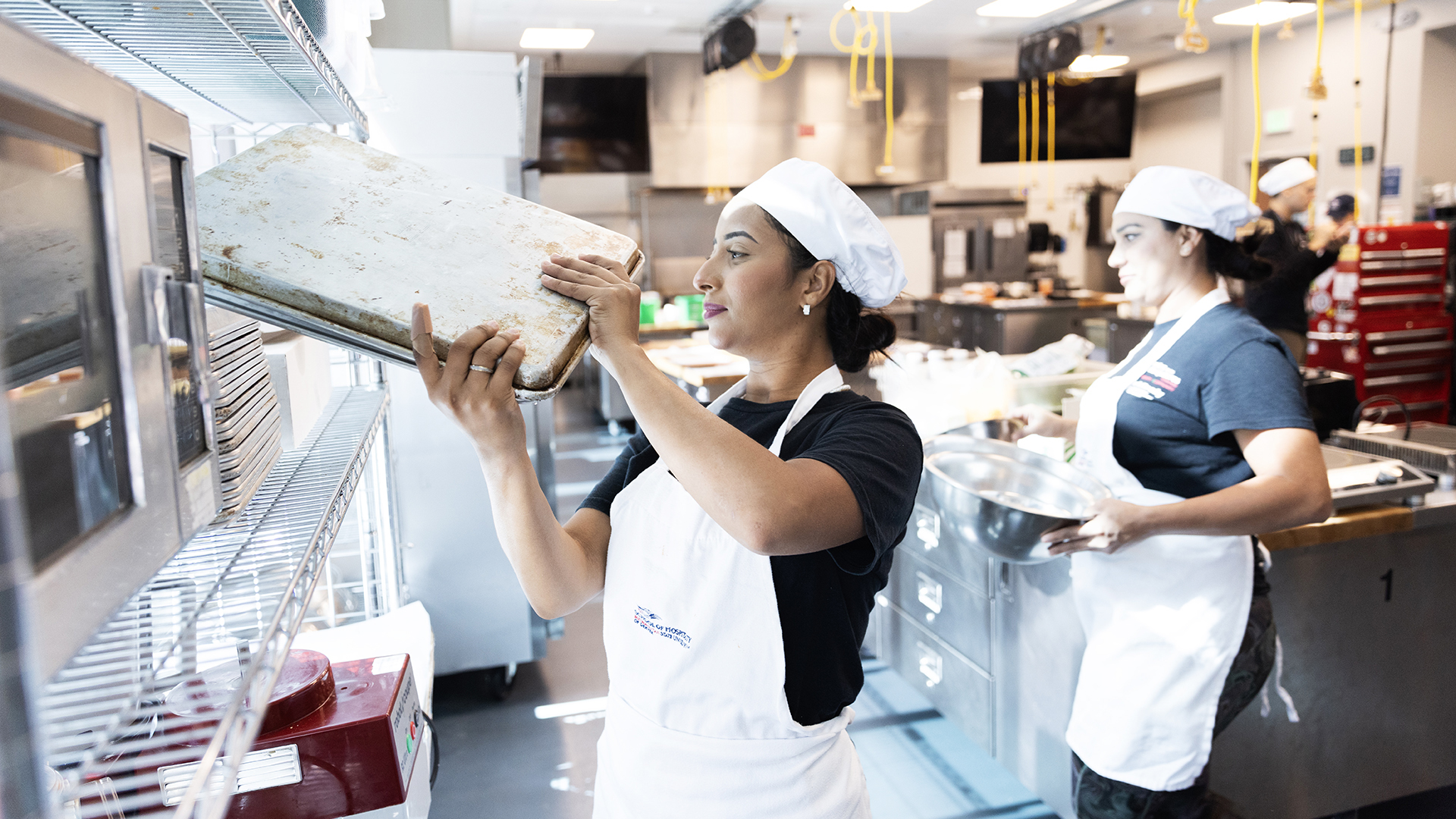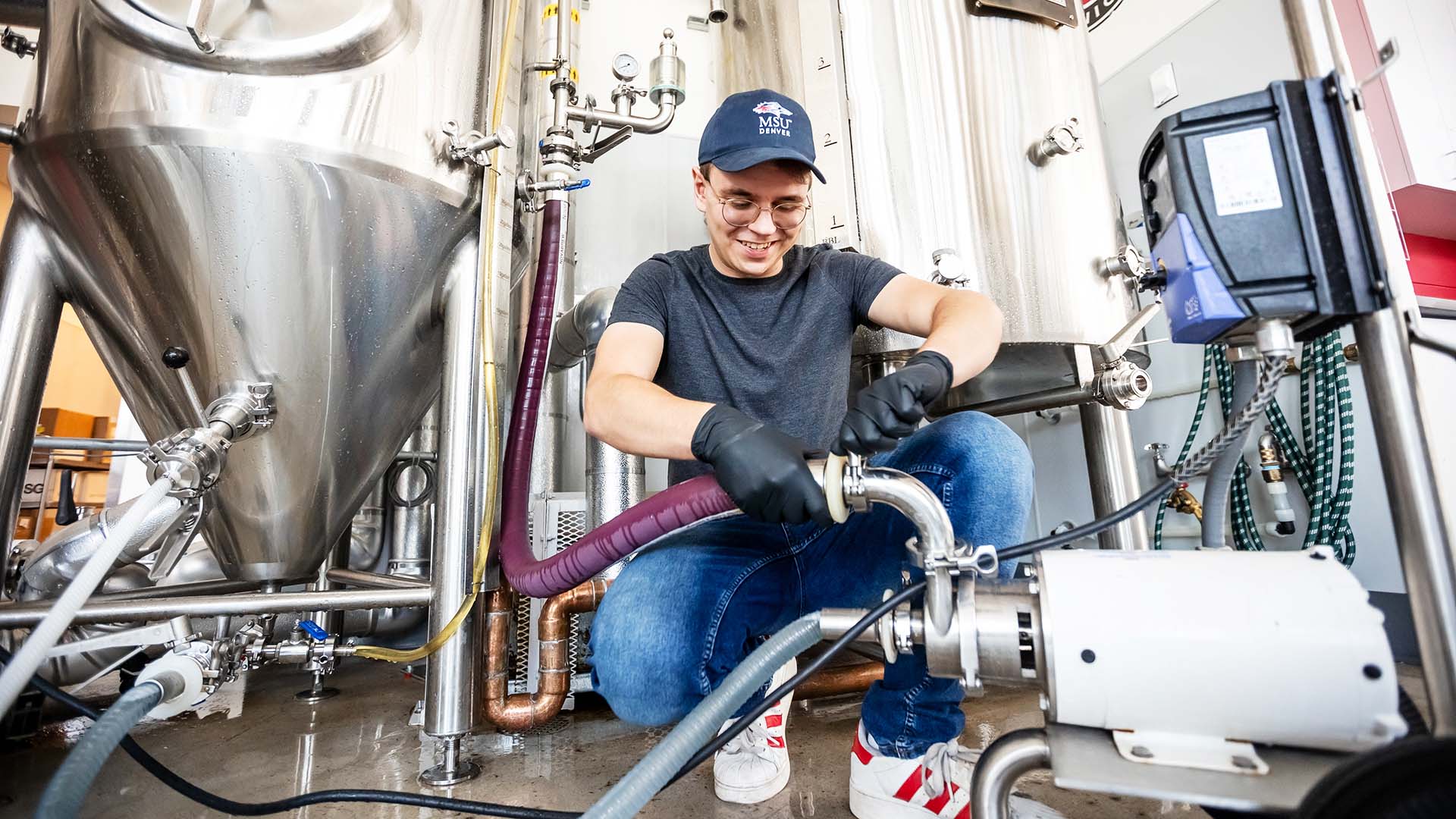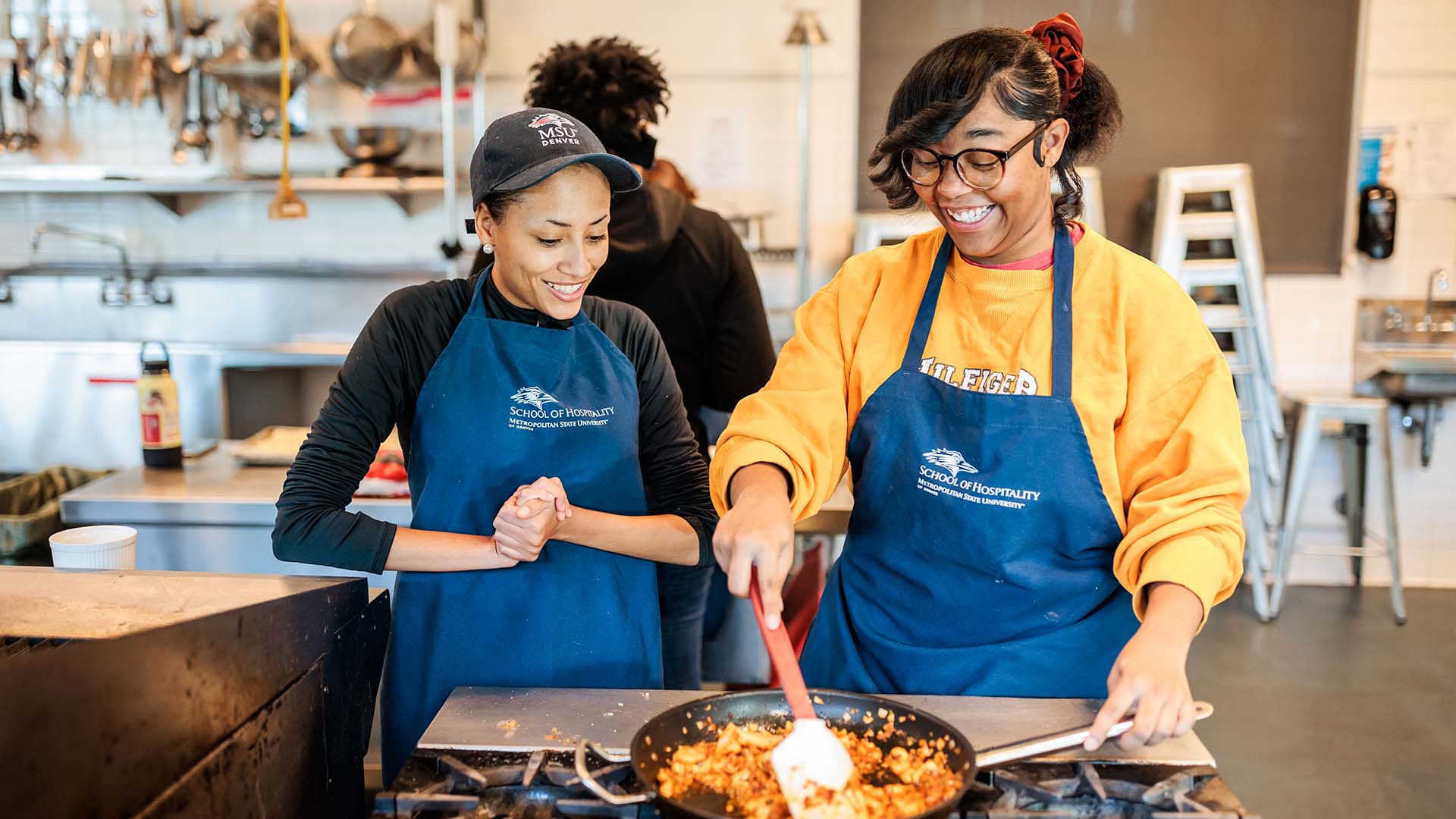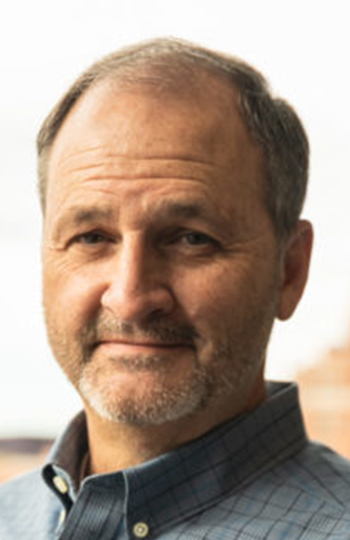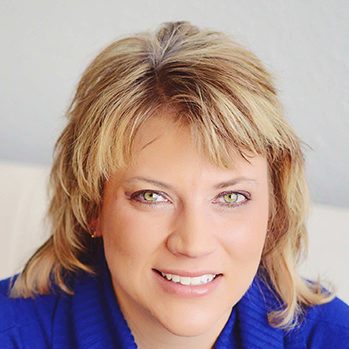No room in the C-Suite?
Despite overwhelming numbers in the hospitality industry workforce, women still lag behind men in leadership positions.

Women should be dominating management positions in the hospitality industry based on the data.
More than 80 percent of the hospitality industry’s workforce is female, as are more than two-thirds of students in collegiate hospitality programs, according to a new report by Castell Project, a nonprofit dedicated to advancing diversity in hospitality industry leadership.
Yet women continue to battle for equality when it comes to promotion to the C-Suite, Castell Project found in its 2019 Women in Hospitality Industry Leadership report. Women fill just 11 percent of hotel company leadership positions, a ratio of one woman to eight men. At the CEO level, women are represented at a ratio of one woman to 21 men at hotel companies.
“The first step toward improved gender parity within the hospitality industry is to acknowledge the issue exists,” said Castell Project board member Peggy Berg. “Data-driven companies and broad international studies know that diverse leadership drives higher profits, as it provides a greater range of perspective and experience. By embracing this reality, all stakeholders win.”
Commitment to ‘hard work’ of representation
More than 90 percent of companies say they prioritize gender and racial diversity because it leads to better business results, according to Castell Project’s report. But the reality is, if employees don’t see diverse candidates rising in the company, they don’t believe their companies are following their diversity policies.
Representation can be achieved, “but it’s hard work and a company has to believe in it,” said Rita Cuddihy, a 1976 graduate of Metropolitan State University of Denver’s Aviation Management program and a former area vice president at Marriott International, where she oversaw a $1.3 billion region.
“There is a business case for diversity and inclusion. It’s not just doing the right thing, but it makes business sense,” Cuddihy said. “People want to work in companies where their opinion counts and where they are taken seriously.”

Prior to joining Marriott, Cuddihy spent 25 years in the airline industry, including management positions with Continental, Braniff, Frontier Horizon and Texas American Airlines. She became the world’s first female CEO in aviation in 1988 when she was named CEO of US Airways Shuttle.
Coming from the male-dominated airline industry, Cuddihy saw the hospitality industry as a welcome change, she said. She retired last October after 16 years with Marriott but still finds herself touting its success with diversity and inclusion initiatives, including the development of women leaders. Just last year, Marriott opened a new hotel in Chicago with a female CEO and a 60 percent female leadership team, she said.
“Marriott had begun work on (representation) long before I got there (in 2002), establishing a board level committee and programming dedicated to women and minorities in leadership,” she said. “The phenomenal results are evident by no less than 20 major awards for workplace excellence in 2018 alone.”
Cuddihy said a natural lag exists between the time a company focuses on and puts effort into an issue and when that work comes to fruition.
“For things to change, a company needs to put their mind to it and say, ‘it’s important,’” Cuddihy said.
The same rule applies to the female candidates trying to climb the ladder, she said.
“As a mentor for women, my advice has always been to work hard and put yourself out there,” Cuddihy said. “Step out of your comfort zone and take chances. You won’t be successful until you do that.”
One of the chances women should take is presenting at hotel investment conferences, according to Castell Project’s report, which found only one in seven presenters at such conferences are women.
“Until women attend and present at these conferences, their opportunity to compete effectively will be diminished as they are missing the chance to develop a resource network, connect with mentors and build their personal brand,” the Castell Project report said.
Christian Hardigree, J.D., dean of Metropolitan State University of Denver’s School of Hospitality, Events and Tourism concurred with Castell Project’s emphasis on females attending and presenting at conferences, comparing them to “the 19thhole of a golf course.”
“(Conferences) provide an opportunity to network, to see who is moving up and where, and to learn what’s trending in the industry,” she said.
Habit-changing leadership
In her experience, the lack of progress for women in hospitality reported by Castell Project isn’t conscious or malevolent, but instead a product of habit, Hardigree said. Addressing the inequities that are perpetuated in the industry requires raising the consciousness level across the entire industry.
“I firmly believe that hospitality is one of the few industries where the only barrier is how hard you want to work,” she said.

The HEaT dean recalled an experience from her rise in Las Vegas that demonstrated habit inhibiting representation in hospitality.
“I will never forget the Human Resources Director at the Mirage, Arte Nathan, who told me he had never had a candidate with the practical experience, degree and legal training I had. But he said, ‘Come back and see me in 10 years because I can’t turn over a $20 million department to a kid.’ I was 25 at the time, and I saw that rejection as more about age rather than gender. But it was a barrier – and I thought it meant I needed to go in a different direction.”
Hardigree returned to UNLV to teach a hospitality law course, which propelled her ascent into hospitality leadership roles in academia.
Beyond habits, there is a natural tendency to feminize categories of work, Hardigree said, and those stereotypes have been entrenched since our childhood.
“Our own biases impact the direction we steer our own children, and they model what they see,” she said. “If their mom does the finances and investments at home, the daughter thinks nothing of doing it.”
Hardigree attributed her rise in the hospitality and academic sectors in part to her parents, who raised her without gender limitations and encouraged her to take advantage of every opportunity. Her mother was a former debutante from a privileged background and her father a first generation college student.
“Because of that dynamic, I embrace ‘struggle,’ expecting barriers to be removed because of hard work,” she said. “My mom was the primary breadwinner and a great role model, and they both made me feel I could do anything. Their tenacity and grit reinforced to me that hard work produces results no matter what your gender.”
Cuddihy also grew up believing she could do or be anything.
“I didn’t know I was in a male-dominated industry (aviation),” she said. “I had passion and phenomenal bosses who became mentors and helped me learn the business. I took chances, and I moved a lot. I took every opportunity and worked hard having learned a strong work ethic from my parents. While I was shocked to see people push against me at times, I pushed forward.”
At 65 percent, female enrollment in MSU Denver’s hospitality programs aligns with Castell Project’s finding that 67 percent of students in higher education hospitality programs nationwide are women.
In her role on the MSU Denver Hospitality Advisory Council, Cuddihy, said she is encouraging HEaT to continue to reach out to and stay connected with companies as more and more of them seek talented female and minority candidates.
That strategy is part of Hardigree’s goal of empowering all MSU Denver hospitality students with the knowledge, skills, and abilities to be the hospitality leaders of the future.
“My goal is to offer the most innovative curriculum possible, rooted in high impact practices, in order to develop the most competitive “product” on the market – our graduates,” Hardigree said. “I don’t view students as consumers, but rather the industry is the consumer and the students are the product. The better the product, the more desirable they are, and the more the industry will pay them.”

